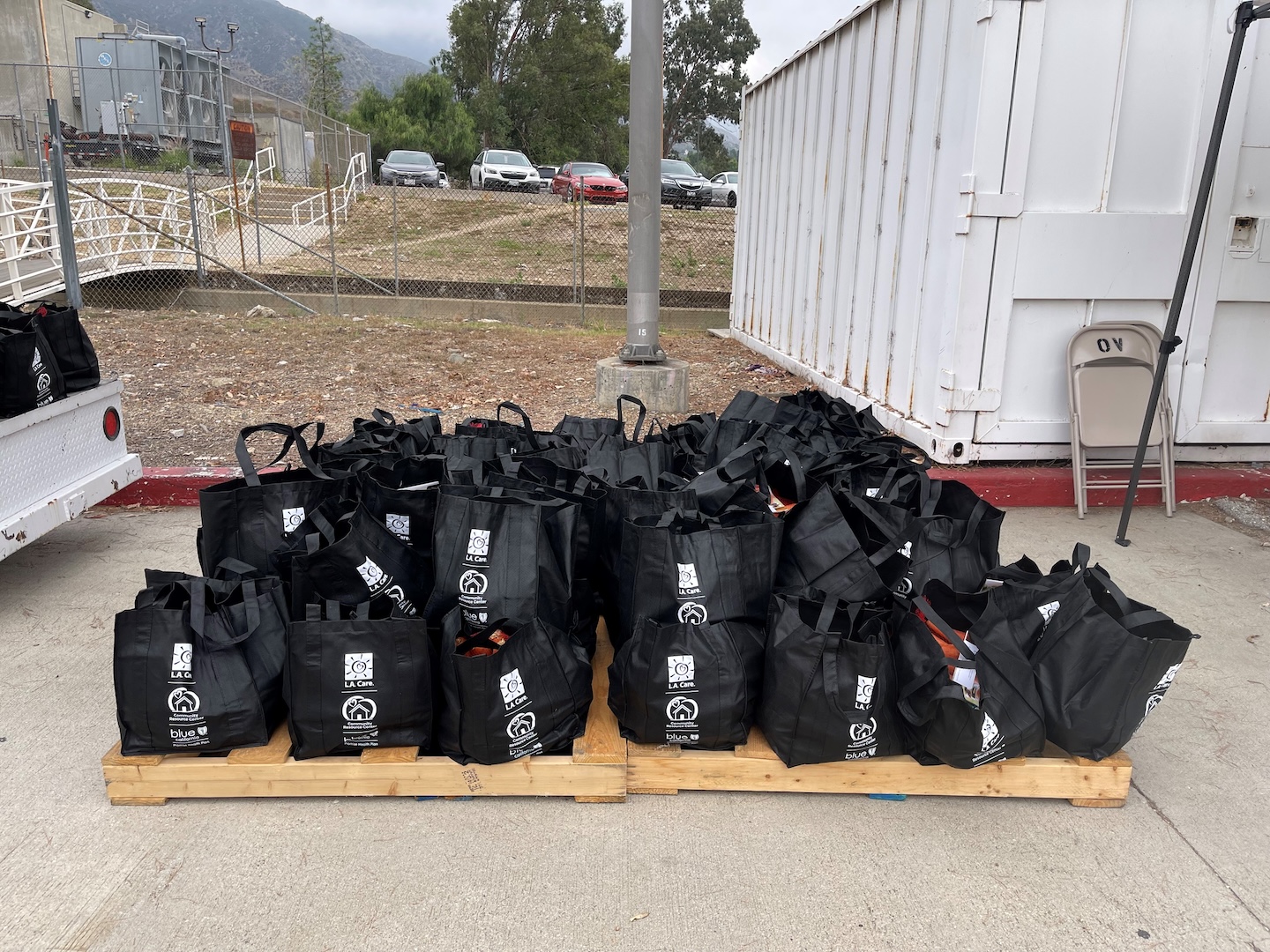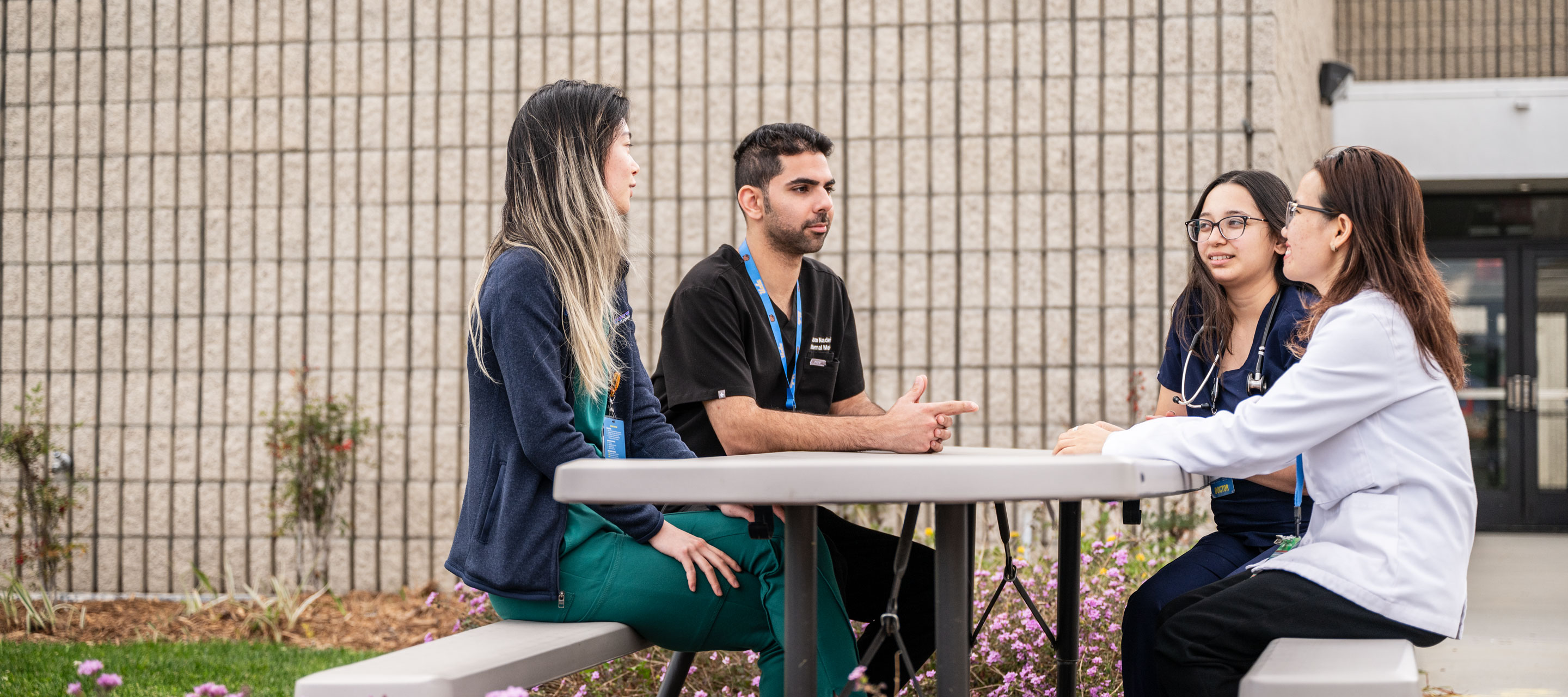Building and Advocating
for Our Community
Delivering culturally competent healthcare involves building strong relationships with diverse communities and advocating for their specific needs. By engaging with our Sylmar and neighboring communities, our physicians gain a deeper understanding of unique cultural contexts so that we may provide more relevant and respectful care. This approach not only addresses health disparities but also empowers underserved populations through advocacy and trust.

Olive View- UCLA Medical Center cares for a global population. To best serve this population, the medical center, Graduate Medical Education leaders and providers and the Department of Medicine celebrate and honor the diversity of our faculty, residents, and patients. Click below to see demographics of our patients, and to read more about the Institutional vision and initiatives to advance diversity, equity, and inclusion at Olive View.
POWER Initiative
The Power Initiative formed in the Department of Medicine “to shed light on the pervasive nature of racism, address structural injustice, confront racial and social disparities, and advocate for health equity.” The goal is to address structural racism through self-reflection, education, innovative research, and community engagement.


Caring for and Connecting with the Sylmar Community and Beyond
Our residents and faculty are committed to serving and advocating for the needs of communities around our hospital in Sylmar. We host families for the holidays and sponsor families, providing gifts, clothing, household gifts, food and gasoline gifts cards as needed. We join our patients in the annual American Heart Association walk. We sponsor community outreach events like the biweekly fresh produce distribution and hospital experience days in which students from the Sylmar Biotech High School practice taking blood pressure, observe cast technicians, nurses, therapists, and doctors at work. Through our Healthcare Leadership and Advocacy track, we have lobbied state legislators in Sacramento and congresspersons in Washington DC for integrating mental health into primary care clinic models, increasing graduate medical education spots to meet the primary care shortage and to change Medicare fee cuts to physicians.
